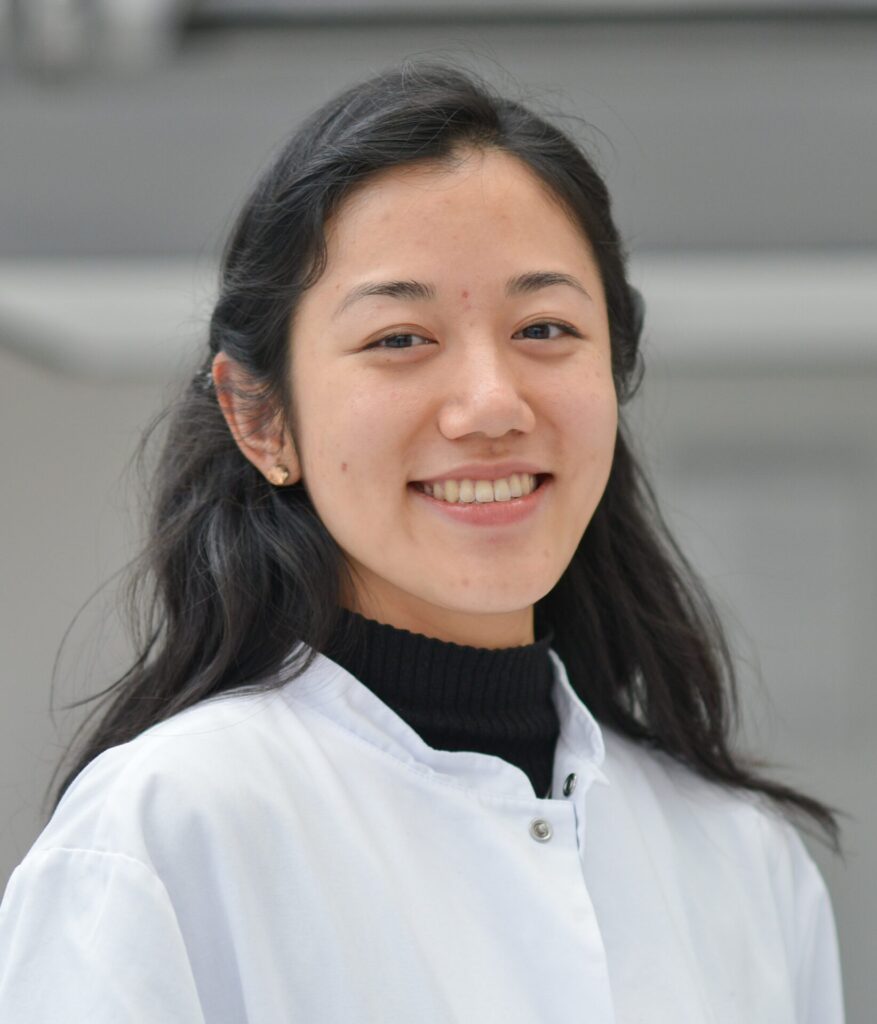April 19, 2023
Share
Multi-omics research projects help investigators understand biological systems through the integration of any combination of genomics, transcriptomic, epigenomic, proteomic, and metabolomic data. These tools, among others, can help bridge the gap between genotype and phenotype to help the researchers not only understand what is happening to a cell or cells but also why. Understanding the 3D organization of the genome is yet another tool in the multi-omics toolbox, which can help researchers gain a more complete understanding of the relationship between genotype and phenotype, across a range of biochemical processes and disease states.
We received many outstanding submissions for our 2023 multi-omics research grant program. Although it was difficult to select just two winners, we are excited to announce Dr. Autumn Ivy of UC Irvine School of Medicine and Dr. Michelle Ng, of BC Cancer as our winners. Each will receive a free Arima HiC+ kit that will enable them to integrate 3D genomics data into their fascinating multi-omics research projects.
Grant Winner: Autumn Ivy, MD, PhD

Dr. Autumn Ivy of UC Irvine will use 3D genomics to investigate how early exercise affects learning and memory.
Institution: UC Irvine School of Medicine
Project Overview: Exercise is beneficial to many aspects of brain function, including increasing synaptic plasticity, promoting neurogenesis, stimulating neurotrophic factors, and promoting oxidative health and mitochondrial function. Recently, Dr. Ivy and her team discovered that exercise can play an important role in postnatal neurodevelopment, benefitting hippocampal memory and synaptic physiology. However, the mechanisms underlying the persistent improvement exercise generates are not well understood.
In the research project entitled “Early life exercise primes the neural epigenome for rapid transcription of memory genes”, Dr. Ivy and her team will use 3D genomics to explore early exercise-induced regulation of chromatin conformation in neurons and how long these changes persist. Ultimately, they aim to reveal how exercise during neurodevelopment improves brain function later in life.
“We hope our work that combines epigenetics and 3D genomic techniques will reveal how early exercise engages epigenetic mechanisms to improve learning and memory.”
– Autumn Ivy, MD, PhD
Grant Winner: Michelle Ng, PhD

Dr. Michelle Ng of BC Cancer will use 3D genomics to explore the role of HPV viral integration on cervical cancer.
Institution: BC Cancer
Project Overview: Cervical cancer is the fourth most common cancer among women globally, with an estimated 604,000 new cases and 342,000 deaths reported in 2020. Human papillomaviruses (HPVs) cause cervical cancer with viral DNA integrating into the host genome in more than 80% of cases. The results of HPV integration on the host genome’s structure and function are not well understood.
Dr. Ng and her team will test the idea that HPV integration disrupts the 3D architecture of the host genome, leading to pathogenic regulatory rewiring and activation of oncogenic programs that drive cervical cancer progression. This research project will combine 3D genomics with epigenetic and transcriptomic data to better understand the dysregulation that arises from HPV integration events using cervical cancer cell lines and patient samples. Through this multi-omic approach, the researchers hope to draw links between HPV integration events and cancer-promoting changes in the host regulome.
“We believe HPV and cervical cancer is a model system for improving our understanding of how viral integration can affect the 3D genome and impact cancer pathogenesis.”
– Michelle Ng, PhD
Congratulations to these intrepid scientists! Learn more about Arima technology and how 3D genomics can serve a critical role in your multi-omics research.



